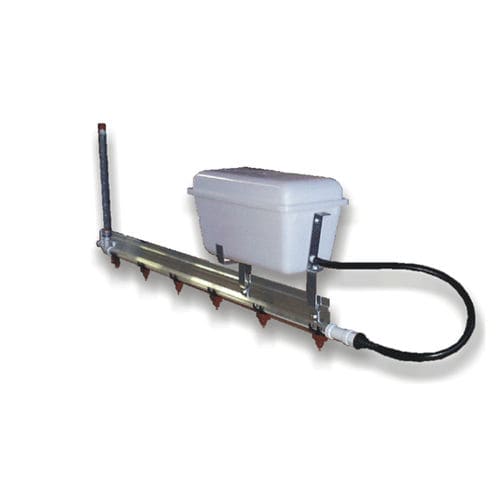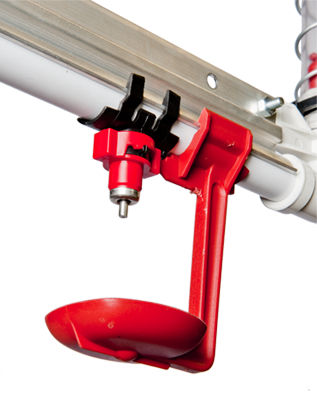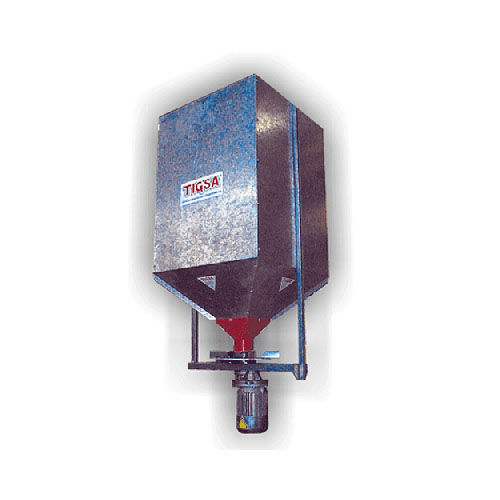
#Industry News
Macro farms: situation of intensive farms, and animal abuse?
The concept of “macrofarms” that has become so popular lately as a result of the statements of the Spanish Minister of Consumption, is not an existing livestock model as such, but a semantic debate that has caused controversy. It is an invented concept to describe those livestock farms or intensive farms of industrial dimensions.
In fact, the term “macrofarm” has become, as Carlos Buxadé Carbó, professor of Animal Production in this article, affirms, a word of a pejorative nature to refer to business livestock production.
This livestock system seeks the highest meat production, at the lowest cost and in the shortest possible time, but this does not mean that it is counterproductive because there is no quality in the meat and that the animals are mistreated. Quality, respecting the environment and responsible animal care can go hand in hand, they do not have to be opposing factors.
Pioneering and unique legislation in Spain for livestock farms
In addition, in Spain there is already legislation that limits the so-called “macro-farms”: 5,500 being the maximum number of heads of cattle, despite the fact that each autonomous community later has the capacity to increase this figure to 7,200.
But only 2,136 of the 88,437 farms in our country reach this amount, representing 2.4% of the total, according to data from the latest report on Pig Economic Indicators prepared by the Ministry of Agriculture, Food and Fisheries.
Thus, Spain has become the only EU country to place limits on the size of pig farms, according to the director of the National Association of Pig Livestock Producers, Miguel Ángel Higuera. A pioneering legislation to which is added that we are the only ones that have limited the minimum distance between facilities, to 1 kilometer.
What are the antecedents to the creation of the macro-farms?
You have to go back to the sixties, when the first farms were created, which meant that farmers were totally dependent on the animals every day of the year, without weekly breaks or vacations.
In this context, it became necessary to begin to professionalize the sector and improve the quality of life of both the farmers and the animals themselves, with the sector going through a profound process of transformation and renewal. But this process is not associated at any time with animal abuse, but to make the sector profitable.
In this way, the Spanish pig sector has managed to establish itself as a key pillar of the Spanish economy and the second largest producer in the European Union, behind Germany, according to data from the Ministry of Agriculture, Food and Fisheries.
Current situation of farmers and their farms
These statements by the minister did not leave anyone indifferent and many owners of livestock farms have launched themselves to defend their sector.
As the owners of the sector affirm in this interview, just as not all people have the same conditions, and you can live in a chalet or in a 50 m2 house, for example, the same thing happens with animals. But what does make them different is that these animals that live in large intensive farms are guaranteed food, water, heating and cleanliness. Something that, unfortunately, may not be guaranteed in every home.
How can we deal with this type of accusation generalized to all macro farms?
It is true that “macro farms” are a reality, despite being a minority, but all large companies have many protocols and security measures, necessary and very important for inspectors and auditors to pass and certify the quality of the meat and that everything is in order. The sector is constantly in the spotlight, and no large farm dares to risk it and lose its reputation.
It is true that a high number of animals are located in them, but all existing regulations in the European Union are always complied with, which is one of the most demanding in the world in terms of respect for the environment and animal welfare.
Thus, the sector is constantly evolving and the trend is to move towards more sustainable farms in the long term, consuming the least energy and generating little waste. And we can help you achieve it.
We differentiate ourselves in the quality in terms of farm constructions and in working globally, such as our “turnkey” projects and ready for your efforts to be dedicated to your “work”. We do the rest for your peace of mind. We help you automate projects and improve your operations with the best solutions and the latest technology.
We always make sure our customers share our values and respect for the animal and natural world.





